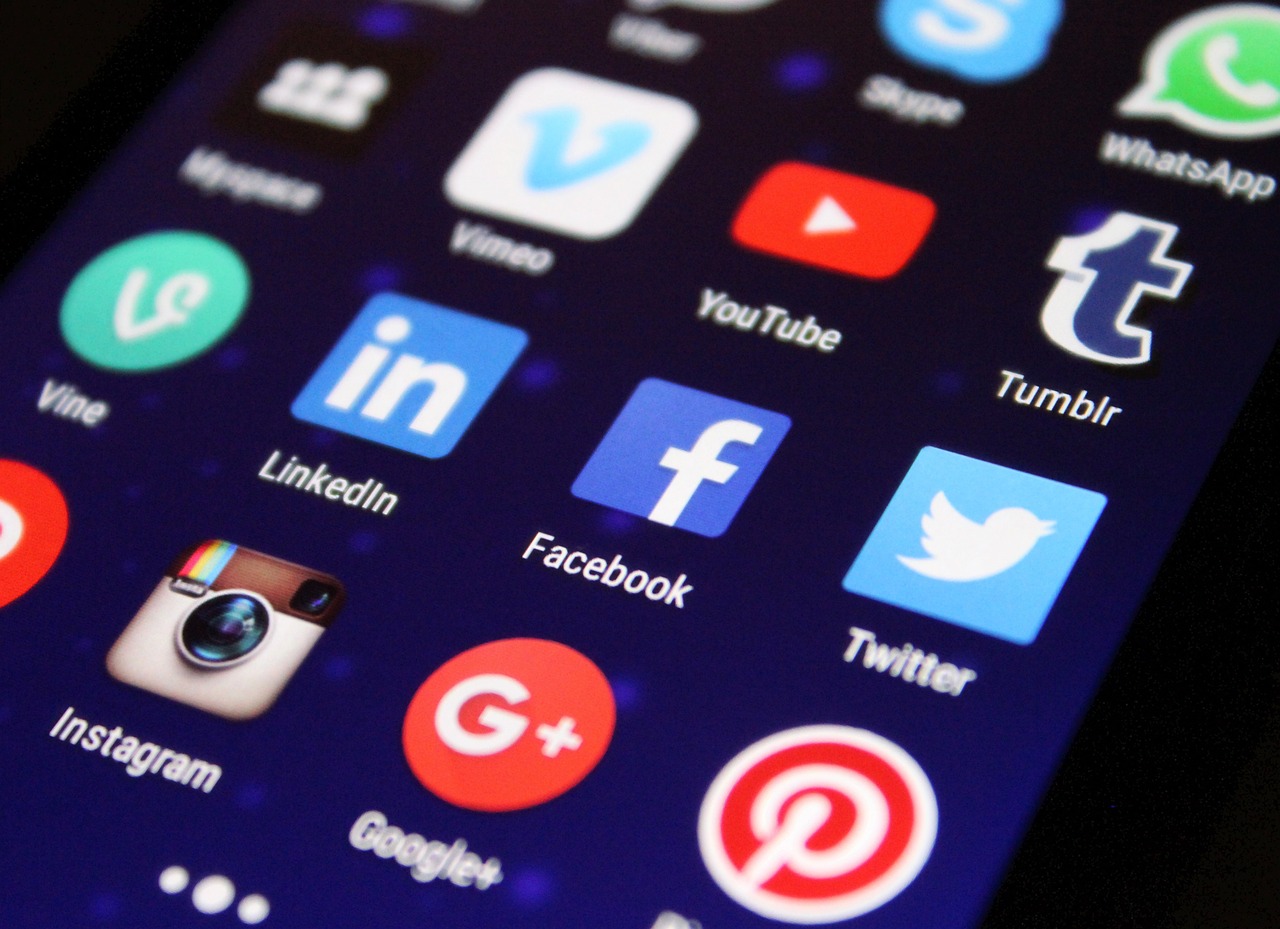
Social media has transformed global communication, making platforms like Facebook, Instagram, and TikTok indispensable in everyday life. These platforms have become spaces for self-expression, creativity, and global connection, however, as their influence grows, so do concerns about their impact on national security. In recent years, governments have raised alarms about issues ranging from data privacy and foreign interference to the spread of misinformation and the exploitation of social media by malicious actors. These fears resulted in the brief banning of TikTok we witnessed earlier this week. Supporters of the pithily named “Protecting Americans from Foreign Adversary Controlled Applications Act” cite risks tied to data security and potential foreign surveillance, especially given TikTok’s Chinese parent company, ByteDance. However, targeting the ownership of platforms is a short-term and largely ineffective solution, as it fails to address the underlying vulnerabilities of the modern internet. Instead, to effectively safeguard national security in the digital era, a more nuanced approach is needed.
The underlying threats are not eliminated by banning a single platform. While banning TikTok deals with the platform specifically, it does not address the more general problems of algorithmic manipulation, misinformation, and data privacy. These challenges are not unique to TikTok, but are endemic to the social media ecosystem. For example, concerns about security and usage of harvested data apply just as much to American-based platforms like Facebook and Instagram, which have faced criticism for mishandling user data. Banning one platform does little to mitigate the systemic risks posed by social media without a more comprehensive regulatory framework. The removal of one platform instead allowed users to easily mitigate to alternative platforms, such as Instagram Reels, YouTube Shorts or emerging apps. For instance, after India banned TikTok in 2020, local alternatives like Moj and international competitors like Instagram quickly filled the void. Moreover, technologically savvy users often bypass region-based bans using tools like virtual private networks (VPNs). As a result, this makes enforcement difficult and undermines the effectiveness of such measures.
In the UK, a social media company is not responsible for any content it hosts if it “plays a neutral, merely technical and passive role” in its distribution. This relieves them of the responsibilities placed on traditional media publishers. If these obligations were brought in line with those placed on traditional media, it would dramatically change the digital landscape. Traditional media is required to adhere to strict content standards, particularly in sensitive areas like public safety, national security, and misinformation. Television broadcasters, for example, must ensure that their content complies with regulations on hate speech, incitement to violence, and false advertising; social media platforms should be held to similar standards. Governments should establish clear guidelines for content moderation to prevent the spread of extremist propaganda, misinformation, and harmful content. These regulations would compel platforms to invest in robust moderation tools, rather than relying on community-based moderation, such as is currently in place at Meta and X (formerly known as Twitter). This approach has often been unsuccessful at identifying and removing harmful material and, in some cases, has actively made the problem worse.
Traditional media companies often require licenses to operate, which can be revoked if the outlet fails to comply with regulations. Additionally, media regulators, such as the Federal Communications Commission (FCC) in the United States or Ofcom in the United Kingdom, oversee compliance and mediate disputes. Governments should introduce a licensing system for social media platforms, requiring them to meet specific criteria related to data security, content moderation, and transparency. A dedicated regulatory body could oversee compliance, audit platforms’ algorithms, and ensure that they meet national security standards.
Similarly, International cooperation is critical in regulating social media effectively, as these platforms operate across borders and influence global societies. No single nation can address the challenges of misinformation, data privacy, and foreign intelligence alone. Without coordinated international efforts, harmful content, misinformation, and data privacy violations can easily spill over into other regions, undermining security and trust. Furthermore, disparate regulatory frameworks can create loopholes that bad actors can exploit, making it harder to hold platforms accountable. This is where the greatest challenge lies within the regulation of social media, and there are no easy solutions here.
Regulating social media with principles derived from traditional media offers a practical and effective way to address national security concerns without resorting to blanket bans. By focusing on content standards, transparency, and accountability, governments can mitigate the risks posed by social media while preserving its benefits. In the digital age, social media platforms wield as much influence as traditional media once did—and perhaps more. To ensure that they serve the public good, it is time to hold them to similar standards. With thoughtful regulation, social media can evolve into a safer, more trustworthy space for communication, creativity, and community building—without compromising national security.
Image: Social Media, 2015//CC0



Average Rating